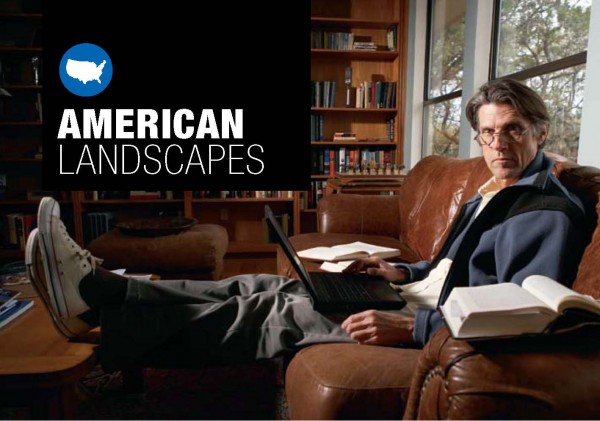“Although Roosevelt did not have an agenda—a laundry list of things to do as president—he had something better: a new approach, an experimental approach of government action,” Brands says. “Roosevelt believed he couldn’t waste time and that the government had to do something—try anything—to alleviate people’s suffering.”
As the 32nd President of the United States began to unite and comfort the nation during his inaugural address—sharing his belief that “the only thing we have to fear is fear itself”—he also understood there was more was at stake than the economy.
“We aim at the assurance of a rounded and permanent national life,” he said at the conclusion of the address. “We do not distrust the future of essential democracy. The people of the United States have not failed.”
But, as he spoke the words, Roosevelt recognized that democracy had failed—and was failing—in Europe. Benito Mussolini had been in power for more than a decade in Italy and, two months before FDR’s inauguration, Adolf Hitler was named chancellor of Germany.
“Roosevelt knew that unless American democracy could demonstrate that it was taking action on behalf of ordinary American people, then democracy itself would be at risk,” Brands says.
At the time, an economy based on modern capitalism was fairly new—and untested—he explains. By the time of the Great Depression in 1929, Americans had witnessed the economic panics of 1873, 1893, 1907 and 1919 and they realized each crisis was becoming longer and deeper.
“By 1933, the Depression was far worse than anyone had seen. There was no confidence that capitalism, which had only been around for about 60 years, would survive,” Brands says. “Today, no one believes an economic crisis will cause the entire system to crash. Experts may predict unemployment will increase, but nobody projects it will match the 25 percent that FDR inherited.”
Brands explains the country’s confidence is primarily based on many of the reforms the New Deal put into place, including counter-cyclical policies and regulations to safeguard the economy.
“In some ways, the New Deal was structurally conservative, shoring up the capitalist system,” Brands says. “In other respects, such as industrial policy, it was structurally radical. Never in peacetime—and only once temporarily in war—had Washington entered the marketplace to organize industry and make decisions on hiring, production and distribution.”
Roosevelt’s administration targeted industries identified as essential to economic recovery, including textiles, coal, oil, steel and autos. By 1936, although the Depression had not ended, production and employment increased and stock market prices were higher.
FDR’s transformation of the American economic and democratic systems to help the needy and protect the weak was met with opposition from members of the Upper Class, whom media wrote, “hate Franklin Roosevelt.”
“His enemies excoriated him as a communist and damned him for disregarding property rights and violating the canons of the capitalist marketplace,” Brands explains. “The wealthy denounced him for having betrayed the class of his birth. Time magazine devoted a lead article to the ‘burning bitterness’ the better-off felt for Roosevelt.”
As critics branded the New Deal as a step toward Communism, Roosevelt and his administration blasted the naysayers as narrow-minded agents of greed.
“Communism is merely a convenient bugaboo,” Interior Secretary Harold Ickes said. “It is the Fascist-minded men of America who are the real enemies of our institutions through their solidarity and their ability and willingness to turn the wealth of America against the welfare of America.”
Roosevelt would not retreat, Brands says, and he continued to battle critics throughout his presidency to radically alter the landscape of American expectations.
“The small-government world of the 19th and early 20th centuries was banished forever,” he says. “Americans demanded more of their government: more services, more safeguards, more security. They got them—along with more taxes, red tape, more intrusiveness.”
But, most Americans agreed the four-term Roosevelt presidency provided the country with what it needed during the emergency of the Depression, Brands says, adding citizens liked and retained the New Deal’s programs and protections when prosperity returned.
“In the generations that followed,” Brands says, “as the American economy continued to thrive and as the benefits of America’s material fortune rained down on the wealthy even more than on persons of moderate means, the objective and honest of those who had once denounced Roosevelt for class betrayal recognized that in a decade rife with fascists, militarists, and communists abroad and irresponsible demagogues at home, he was the best thing that could have happened to them.”
View a webcast of “Six Lessons for the Next President”
